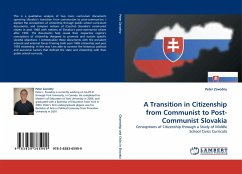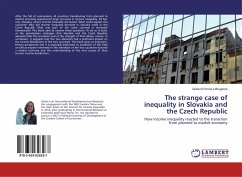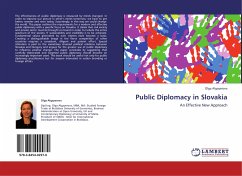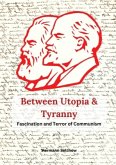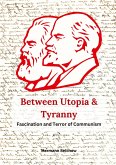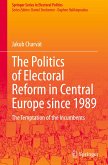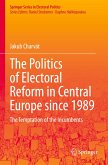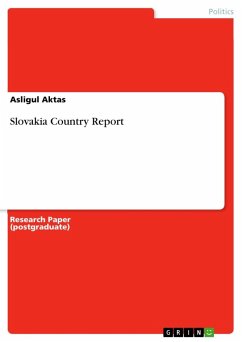This is a qualitative analysis of two civics curriculum documents spanning Slovakia s transition from communism to post-communism. I explore the conceptions of citizenship through public school curriculum documents, and compare notions of (Czecho) Slovakia s communist citizen in post 1968 with notions of Slovakia s post-communist citizen after 1993. The documents help reveal their respective regime s conceptions of citizenship designed to promote and sustain specific societal objectives. I contextualize these documents with the prevalent internal and external forces framing both post 1968 citizenship and post 1993 citizenship. In this way I am able to connect the historical, political and economic factors that defined the state and citizenship with their public school curricula.
Bitte wählen Sie Ihr Anliegen aus.
Rechnungen
Retourenschein anfordern
Bestellstatus
Storno

